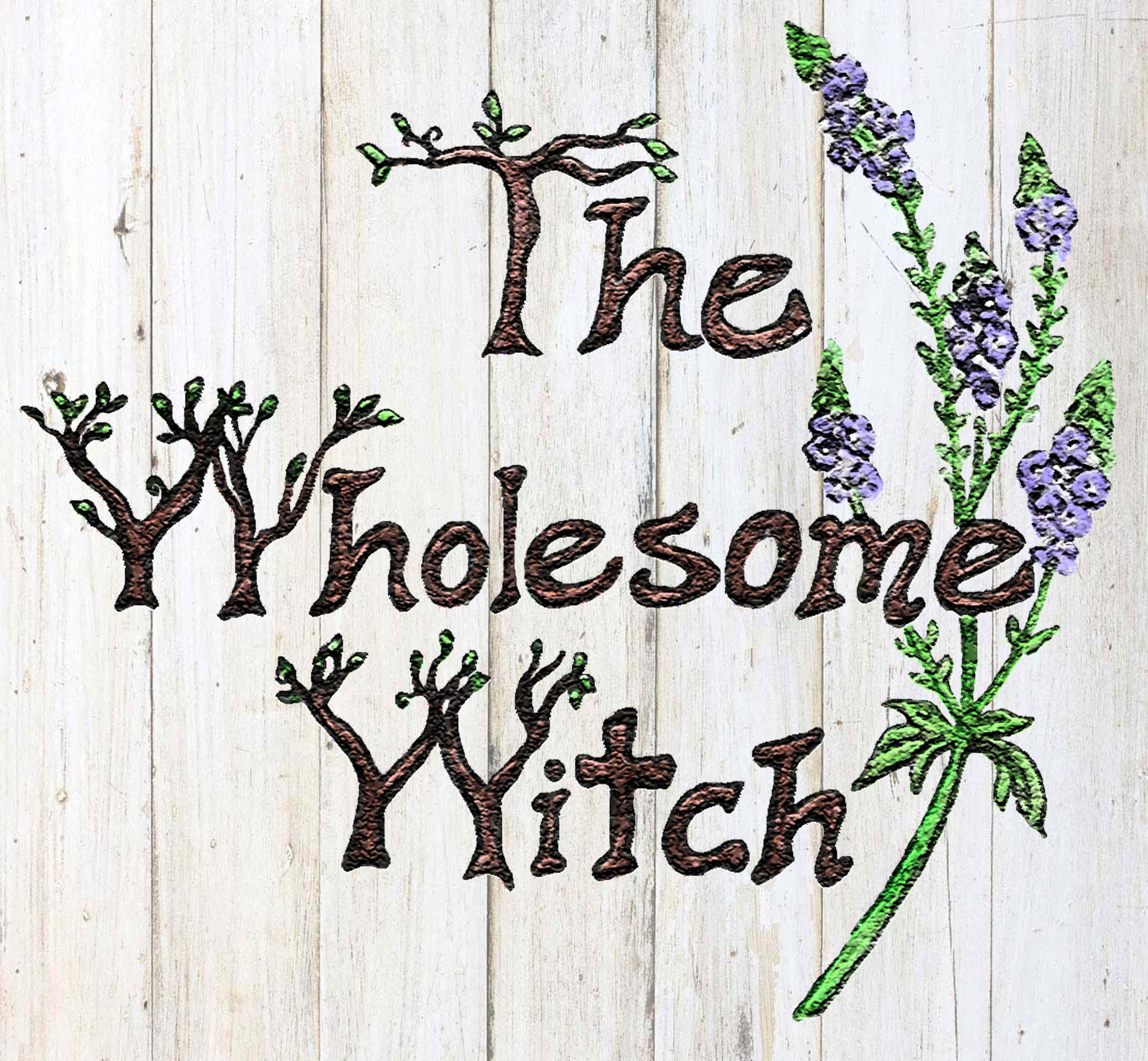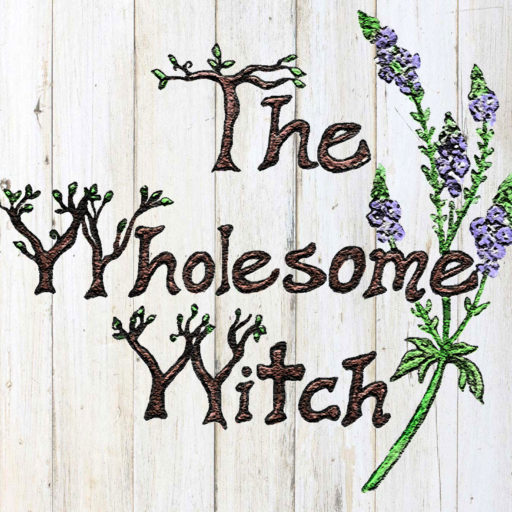Few things say spring or summer more than the beautiful scent and sight of the lavender plant!
If you’ve ever been to a lavender field you’ll know the absolute stunning beauty and aroma of perfectly fresh lavender. It is intoxicating!
Aside from being beautiful to look at, lavender is one of the most useful plants a witch can have in their herb cabinet; from spells and rituals to herbal remedies and cooking, lavender is truly the picture of versatility. Read on to discover some info, properties, and amazing uses for this stunning purple flowering plant.
Lavender: Some Facts
Lavandula, common name lavender, is a member of the mint family and was originally grown in the Mediterranean. There are over 450 different varieties of the lavender plant. It’s reputation for being a calming and cleansing plant has existed for well over 2000 years and used in countries all around the world.
It’s held prominent status in different countries including Egypt, Greece, and Rome throughout history. The Ancient Egyptians used lavender for many things including cosmetics, perfumes, and in embalming rituals on their deceased. And in Greece and Rome, Lavender was a much used remedy for sore throats, added to baths, and in cooking.
Over the years lavender has been cultivated for a plethora of different uses including teas, skincare products, cleaning products, essential oils, soaps, baked goods, lemonades, teas, as an air freshener, or simply dried and used to brighten up your space. Lavender is most certainly one of the most multifaceted herbs used throughout the world today.
Perhaps most well known for being calming and inducing sleep, there is much more to the lavender plant, so let’s go ahead and explore some of it’s other wonderful properties.

Lavender Properties & Associations
Lavender Folk Names: Elf Leaf, Nard, Spike
Gender: Masculine
Planet: Mercury
Zodiacs: Taurus, Gemini, Virgo
Element: Air
Chakra: Heart
Deities: Hecate, Hestia, Persephone, Saturn, Circe, Medea
Medicinal Uses: eases anxiety, pain relief, heal wounds, combat eczema, induces sleep, eases headaches, calm nervous system, aids digestion, immunity booster, anti-bacterial, anti-fungal
Magical Uses: happiness, love, relaxation, cleansing, protection, balance, peace, longevity, dreams, clairvoyance
Lavender in Daily & Spiritual Practice
Tinctures:
A tincture extracts a plants properties with alcohol such as vodka. Lavender tinctures can be used in mists, air fresheners, toners, cleaning products, insect repellent, sunburn sprays, added to your shampoo to treat dandruff, in your baths, in linen sprays, among others. It can also be taken internally, carefully and with caution (generally acceptable is 2-4ml diluted in a glass of water), as a sleep aid, to ease anxiety, alleviate headaches, and aid digestion.
Quick Tincture Instructions: Fill a glass jar about half way with fresh or dried lavender. Pour alcohol over top (never use general rubbing alcohol in this way as it’s meant for external use only and is toxic) to fully cover your plant parts and seal the jar tightly. Leave to sit in a cool, dark place for 2 – 6 weeks, shaking daily. The longer it sits, the stronger the tincture. After the appropriate time period, strain out the lavender and use the liquid in the above suggestions.
Infusions:
Infuse fresh or dried lavender into a carrier oil such jojoba, sweet almond, avocado, coconut, or olive oils. You may then use as a skin moisturizer, in baths, on your hair to soften and smooth those tresses, or add to DIY lotions and soaps.
Quick Infusion Instructions: An infusion is made very similarly to a tincture. Once again fill a glass jar about half way with your lavender. Now pour your chosen carrier oil over top to cover about 1 – 2 inches above your dried buds and seal the jar tightly. Leave to sit in a cool, dark place for 6 weeks, shaking daily. After the 6 weeks strain out the plant parts and use the oil in the above suggestions.
Teas:
Drink lavender tea to promote sleep, ease anxiety, calm the nervous system, headache relief, as a digestive aid, to boost your mood, improve your complexion, boost immunity, help the body to detox, or soothe menstrual cramps.
Lavender in Cooking:
Lavender can be used in many different culinary creations; cakes, cookies, breads, ice cream, lemonade, sweet loaves, tarts, dressings, sauces, and. syrups. When cooking with lavender it’s good to remember a little goes a long way. Also be sure to always use culinary grade lavender when ingesting. Be creative and have fun experimenting. One of my favourites is lavender lemon loaf cake, so tasty!
Lavender in your practice:
Lavender can be used in your spiritual practice in many different ways. Some of which include burned as incense, to anoint tools or yourself, as an offering, in sachets, jars, and ritual herb blends, in a ritual bath, in tea during rituals, diffused into your ritual space, in different magical mists such as for cleansing, happiness, or balance, as well as in magical cleaning products.
In Conclusion
It’s safe to say that lavender should definitely be a staple in any witch’s kitchen; from happiness to peace, love, protection, and balance it’s got you covered.
So tell me, do you use lavender in your practice? If so, what’s your favourite way?
As always, I love to hear from you, so please leave a comment or connect with me on socials.
For more Kitchen Witch inspiration check out my shop page! My Kitchen Witch Bundle includes many correspondences, meal planner pages, recipes, traditions, and much more!
Summer is a wonderful time to create positive change in our lives so be sure to check out my new book, The Witch’s Guide to Wellness, available for purchase now!
And remember you can SUBSCRIBE to The Wholesome Witch Mailing List and receive a 20% OFF discount code for my shop full of witchy digital offerings and some freebies as well!
Wishing you a beautifully blessed day my friend!
Yours in health and magick,
Krystle xo
DISCLAIMER: I am not a doctor. This post is simply to share with you some of the benefits of lavender based on my own experience and research. This post is by no means a replacement for proper medical advice. Always use precautions and talk to your doctor or naturopath before trying out new herbal remedies.







